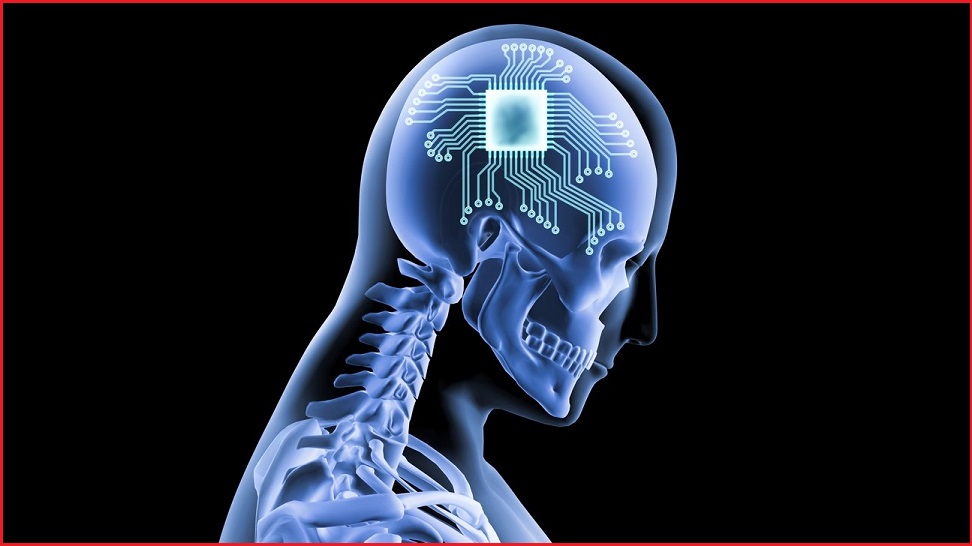Elon Musk’s brain-computer interface (BCI) company Neuralink has received approval from the US Food and Drug Administration (FDA) for the first in-human trials of its controversial chip-in-brain device.
Neuralink tweeted the news on Friday morning, saying the approval “represents an important first step that will one day allow our technology to help many people”.
The FDA has confirmed the approval includes using Neuralink’s surgical robot to implant the device but has not yet published more details about its decision.
Last year, the FDA rejected Neuralink’s request to test its devices in humans, citing safety concerns.
Dr Avinash Singh is an assistant professor in the University of Technology Sydney’s School of Computer Science and a member of Transhumanism Australia.
He told Information Age that one of the primary concerns with implant devices is whether they can be safely removed.
“What kind of danger is involved when removing an implant from a person’s cortex?” Dr Singh said.
“There’s issues with the battery and wires, and the amount of electrodes in the Neuralink implant is very dense compared to other devices.
“Last time they were not able to demonstrate very well the safety of removing that device.”
Neuralink’s aim is to provide BCIs for people living with disabilities using its N1 implant that has 1,024 electrodes for measuring and sending brain signals.
It’s unclear if the trial involves both reading and writing brain signals.
We are excited to share that we have received the FDA’s approval to launch our first-in-human clinical study!
— Neuralink (@neuralink) May 25, 2023
This is the result of incredible work by the Neuralink team in close collaboration with the FDA and represents an important first step that will one day allow our…
Musk has long talked about Neuralink providing a “symbiosis with artificial intelligence” in order to give people “superhuman cognition” though in reality the early iterations of its products are more about helping people with paralysis control smart phones – something that has been achieved by other companies.
Although details about its first clinical trials are sparse, the company has started a patient registry that is open to people over the age of 18 in the US “who has quadriplegia, paraplegia, vision loss, hearing loss, and/or the inability to speak”.
Dr Singh is confident Neuralink is still intending to have its products installed in people who don’t live with disability once it gets past the regulatory blocks standing in the way of an open market.
He told Information Age that while the potential for this technology is exciting, there needs to be a discussion about the safety and ethical implications of long-term use of brain implants and what it means to be capturing and analysing brain data that he says is “fundamental to who you are, like DNA”.
“Maybe at the moment you can only extract certain information using the device," Dr Singh said.
"But as we progress with signal processing, companies like Neuralink might be able to mine more data than the patient was originally aware they could.”
Neuralink’s research approach has been plagued by controversy.
Early last year, medical researchers began legal proceedings against Neuralink for its alleged mistreatment of monkeys who were implanted with the company’s devices.
In some cases, monkeys began self-harming after being implanted and were ravaged by infections around the implant site in their skulls.
Reuters has reported that Neuralink was under a formal investigation after staff complained that animal testing was being rushed, causing needless harm to monkeys, pigs, and sheep to fast-track FDA approval.
Neuralink’s animal research oversight panel has also reportedly been stacked with people who would stand to gain financially from rushing the product to market.










